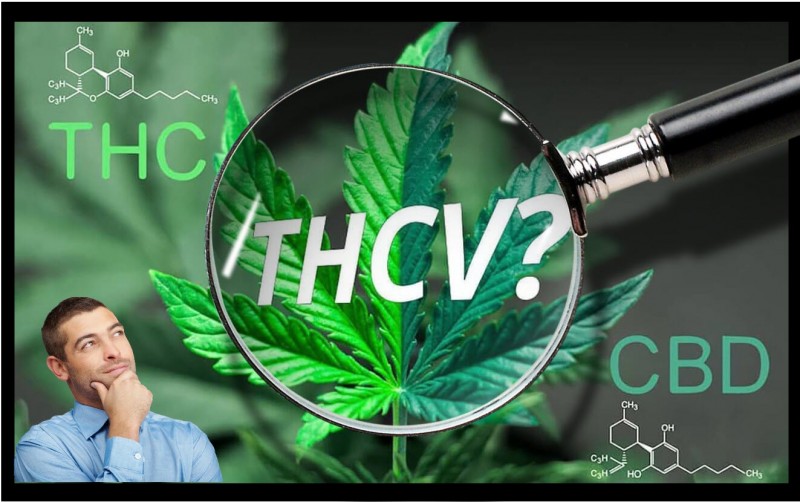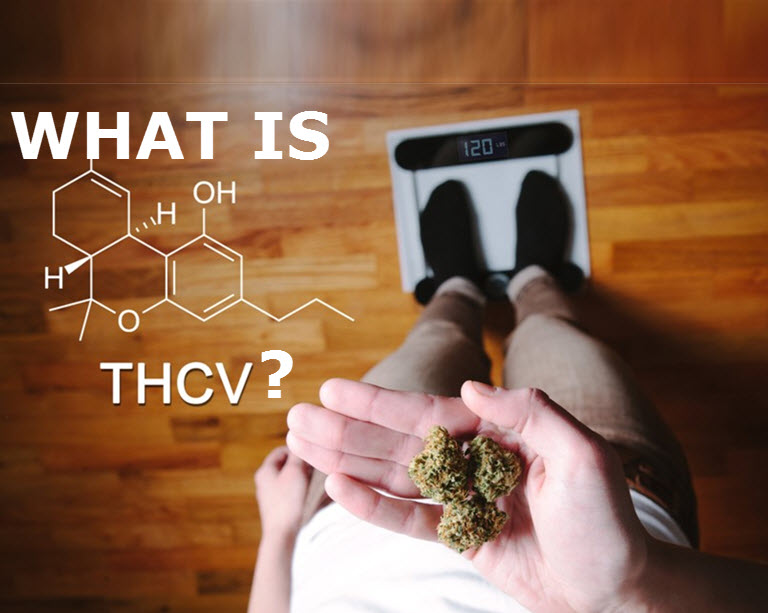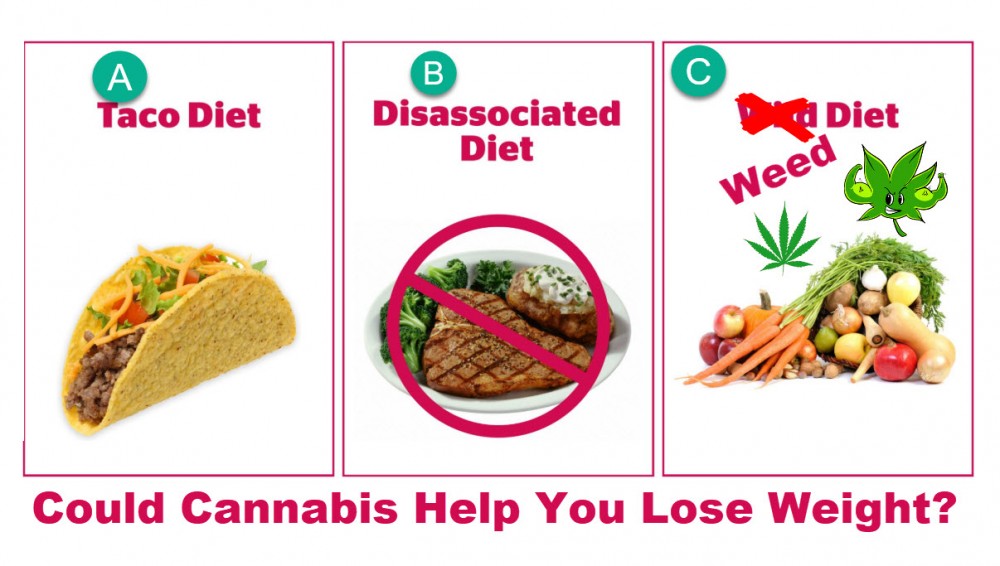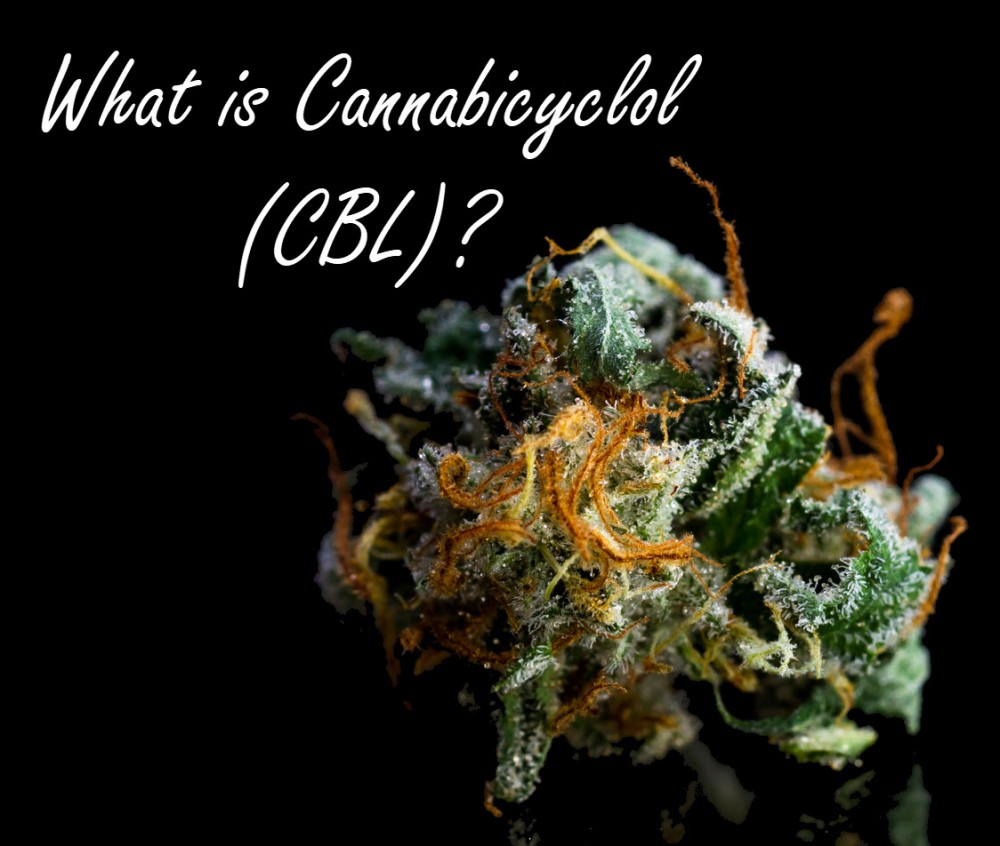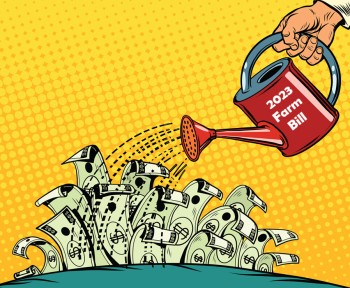THCV: An Expository Guide to Tetrahydrocannabivarin
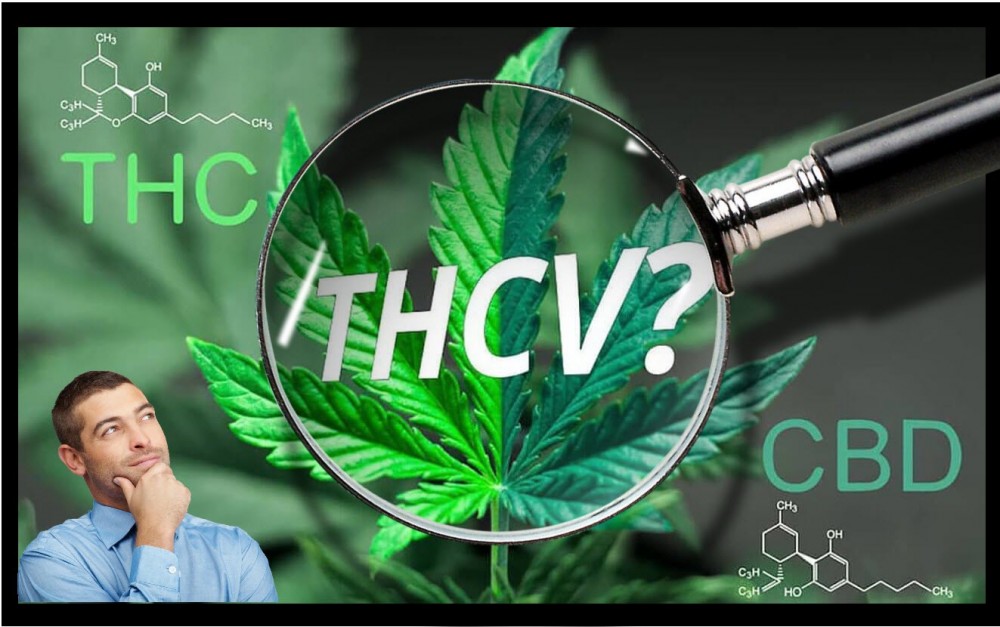
Although the human body has its endocannabinoid system with two receptors responsible for interactions with Phytocannabinoids (plant-based cannabinoids). There are over a hundred known cannabinoids found in the cannabis plant, most of which are useful for treating a wide range of medical conditions. Each cannabinoid has the peculiar characteristics that make it great for treating one medical condition or the other.
A closer look at THCV
Tetrahydrocannabivarin popularly known as THCV is a psychoactive cannabinoid that has begun to garner some attention for its therapeutic benefits. THCV is usually found in the Sativa strains of cannabis and is similar to THC in terms of molecular structure and psychoactive properties although its benefits and effects are unique. THCV is often considered as the best option for medical marijuana patients, especially those looking for a particular type of relief or effect without getting "the munchies". It offers users an energetic yet stimulating and clear-headed high for short periods. This makes it ideal for use at any time of the day, most especially at times when it is important to have proper functionality.
THCV and THC are often compared due to similarities in molecular structure, however, they are very different in several aspects. Their creation processes are quite different as THCV undergoes several complex processes, unlike its counterpart. THCV is a result of the application of heat to THCVA which is its acidic counterpart. THCVA itself is a product of the activity of enzymes on cannabigerovarin acid (CBGV-A) and cannabigerolic acid (CBG-A) which are precursors to most cannabinoids. THCV is also known to sometimes counteract the effects of THC in the body, this is due to its antagonistic effect on the CB1 and CB2 receptors in the body. Thus, it blocks THC in the body and also produces mostly opposite effects to THC. This is evident in its appetite suppressant qualities as opposed to the appetite-stimulating effects of THC.
The effects of THCV
THCV has become one of the most researched cannabinoids due to its promising capabilities in treating several health issues. Apart from being beneficial for medicinal purposes, THCV has highly varied and unique effects that make it stand out in comparison to THC although they have similar molecular structures.
THCV is recognized for its ability to suppress or dull appetites, making it perfect for consumers interested in weight loss. However, it should be avoided by those suffering from anorexia and loss of appetite.
Research has shown THCV's prospective ability to help with the treatment of diabetes by controlling blood sugar levels and decreasing insulin resistance in patients.
THCV is very useful in repressing stress, anxiety and panic attacks and can be used in treating PTSD in patients without hindering emotions.
There is a possibility that tremors, brain lesions and other symptoms associated with Alzheimer's, multiple sclerosis and Parkinson's can be treated by using THCV as ongoing research is beginning to give indications towards its neuroprotective capabilities.
After being found to stimulate the growth of new bone cells, THCV is now being checked for its possible use to treat several bone-related conditions.
THCV is also considered to be a potent anti-inflammatory and antioxidant agent.
THCV has also been found to have some anticonvulsant properties which make it a potential treatment option for epilepsy.
In addition to its many benefits, THCV has also shown potential in terms of restricting some side effects that occur during the use of THC like paranoia and short-term memory loss. Although research on THCV is still limited, what little information that has been gotten shows its significant potential in alleviating several difficult to treat health conditions. It is sure to make waves once its full potential has been researched and found out
More about THCV
THCV is pretty difficult to find as most strains only contain minimal amounts of it. However, some cannabis strains have been found to be rich in THCV. The most popular strains that have been known to be THCV rich are the African Sativas like Red Congolese, Durban Poison, and Willie Nelson which can usually be gotten from your cannabis stores. Attempts have been made towards hybridizing African strains to incorporate the genetics of strains that are known to have traces of THCV. Some examples of these hybrids which include Doug's Varin, Cherry Pie, Girl Scout Cookies, Face Off OG, and Jack the Ripper and are specially formulated to increase the THCV content. Failing this, you can also check the genetic properties of the strains available by requesting the lab results when possible. This allows you to make sure that the strains you eventually get have the expected amount of THCV content because it can change at any time depending on the grower or harvest.
Note: For vaping enthusiasts, the boiling point of THCV is higher than that of THC as the boiling point is 220 0C (428 0F)
WHAT IS THCV AND HOW DO YOU LOSE WEIGHT?
WHAT IS THCV AND HOW DOES IT WORK? READ THIS.
OR..
COULD CANNABIS THCV HELP YOU LOSE WEIGHT? CLICK HERE.
